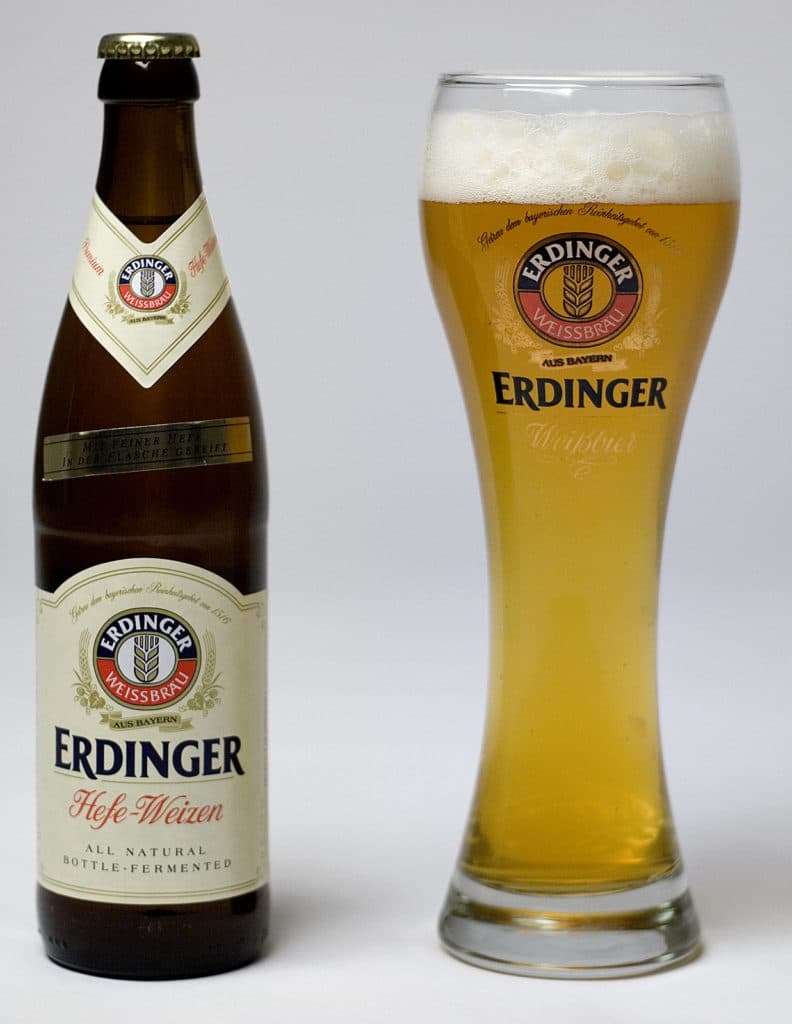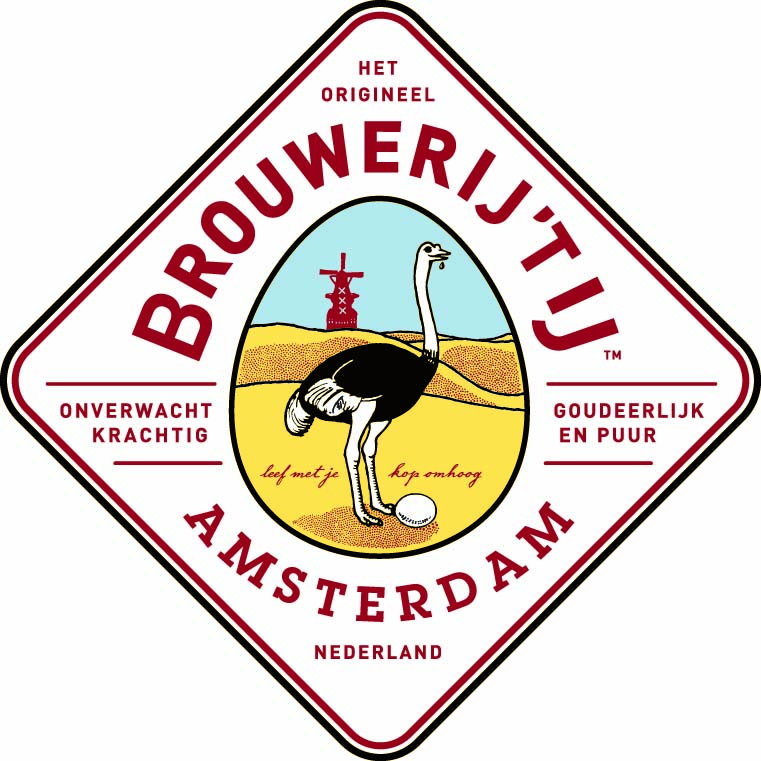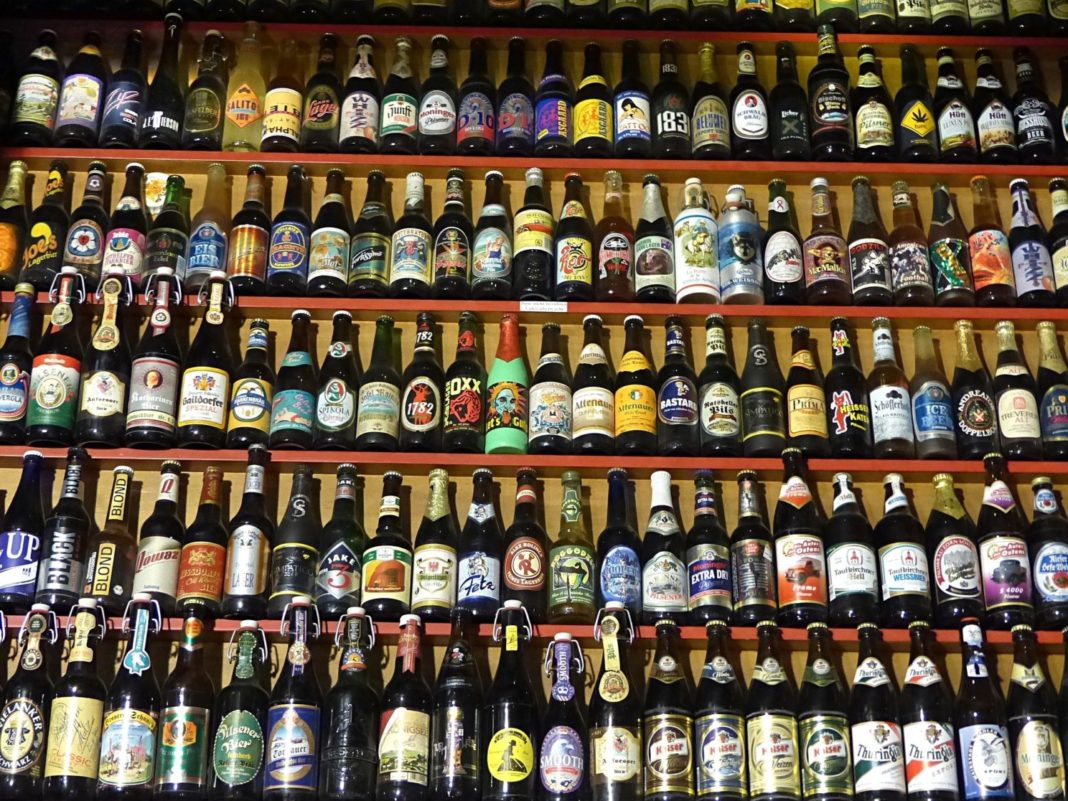When I arrived back in the Netherlands four years ago, the variety in beer selection was rather underwhelming. Only a handful of Dutch microbreweries existed, so it’s no wonder they were difficult to find. The most exotic choice at my local Albert Heijn was an Erdinger Weissbier, and let’s be fair, as the world’s largest wheat beer brewery, Erdinger isn’t exactly uncommon.

The massive selection of unique brews available to consumers in countries like Belgium or the United States simply wasn’t available. Despite being neighbors and cultural cousins to one of the world’s most prominent homes of beer production, Holland had yet to hop on the microbrewery bandwagon.
So Many Dutch Microbreweries
But that time has since passed and the Dutch have seemingly thrown down everything else to dive into the world of microbrewing. Today there are almost 500 active breweries in the Netherlands and the overwhelming majority have been founded in the past two decades.
It’s growing at an alarming rate. Seriously, in the time between the start of my research and the publishing of this article, there have been eight new Dutch microbreweries opened. Maybe more by now. I’ve had to change the numbers in this article six times already. Six. It’s inconvenient, but considering all the new beer, I can accept the minor annoyance.
Holy Crap, There’s More than 5 Beers Available!?
Goliaths like Heineken and AB InBev still hold the vast majority of Dutch beer production, but unlike a decade ago, it’s no longer the only available choice. Dutch microbreweries like Brouwerij ‘t IJ, Brouwerij De Molen, Oedipus Brewing, and Brouwerij Noordt are frequently found on bar menus.
Simultaneously, and unsurprisingly, there is a rise in craft beer cafés. It’s not just old bars expanding their inventories, but new bars that specialize in variety are popping up all over. In Rotterdam five years ago, for instance, the only place I knew that sold more than a handful of different brews was Locus Publicus. Now we have Bokaal, Holy Smoke, and Proeflokaal Reijngoud just to name a few.

Beer Tourism Just Isn’t the Same Anymore
Of course, the upsurge in Dutch microbreweries, and consequently the rise in diverse beer availability, means that beer trips to Belgium and Germany no longer hold the same value for the Dutch. That’s not to say that the lack of speed limits in Germany and the absolute chaos of urban planning in Belgium don’t make the trip worth it, but it’s just not that special anymore.
Let’s be fair though, Belgium will always hold the beer reputation, but at least we’re coming closer to becoming brothers in beer. Let’s just be happy that Dutch microbreweries are sinking their claws into this nation and that we’ll be able to enjoy their presence for a long time to come.


